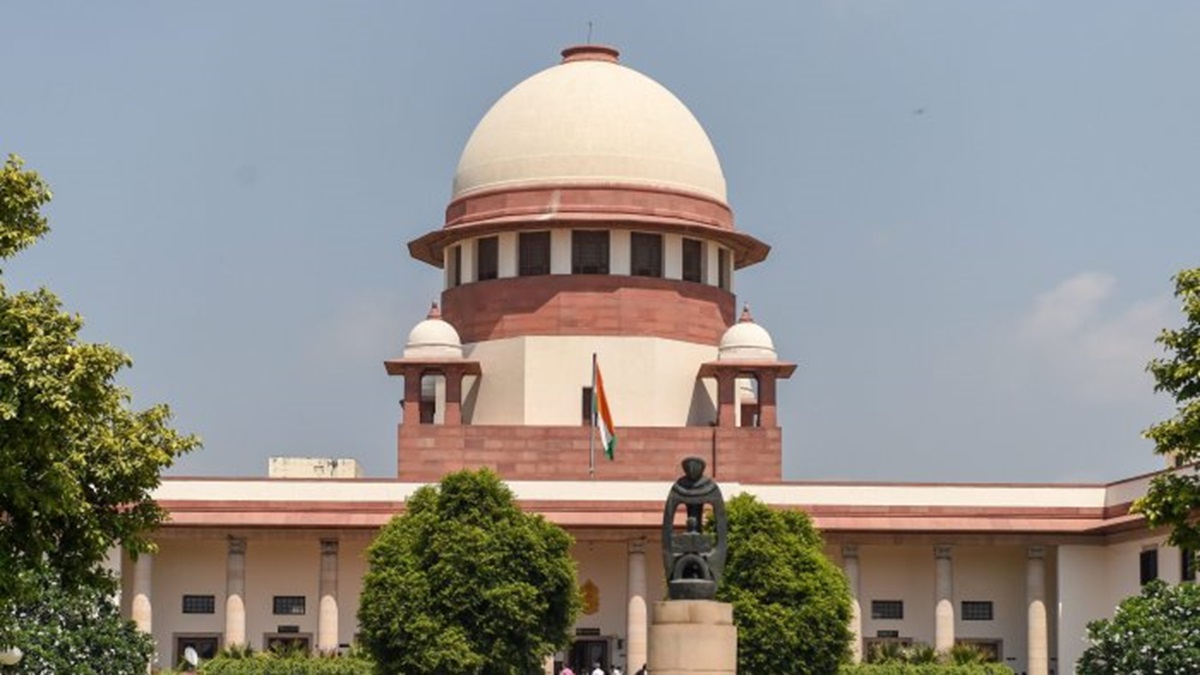 |
|
The Supreme Court of India recently dismissed a Public Interest Litigation (PIL) aimed at abolishing the Tax Deducted at Source (TDS) system. The petition, filed by advocate Ashwini Upadhyay, argued that the TDS mechanism is inherently arbitrary, irrational, and violates fundamental constitutional rights. The court's decision, however, highlights the crucial role of legal procedure and the importance of well-crafted legal arguments in influencing judicial outcomes. The judges found the petition to be poorly drafted, a factor that significantly impacted their decision to not even entertain the case's merits. This rejection underscores the necessity for meticulous legal drafting and strategic litigation, ensuring that petitions are presented in a manner that clearly and effectively articulates the legal grounds for the claims made.
The TDS system, a cornerstone of India's tax collection framework, operates by requiring payers to deduct a percentage of tax from payments made to recipients. This deducted amount is then deposited directly with the government, ensuring timely tax collection. While the PIL argued this system is inherently unfair and infringes upon the fundamental right to equality, the Supreme Court's dismissal suggests that the petitioner failed to effectively demonstrate how the TDS mechanism causes undue hardship or disproportionately affects certain groups. The court's focus on the poor drafting of the petition itself points to a procedural failure rather than a substantive disagreement with the underlying principles of the TDS system. The petitioner's failure to adequately address existing legal precedents or demonstrate compelling evidence of harm may have contributed to the court's decision.
The Supreme Court's decision to direct the petitioner to the Delhi High Court suggests a belief that the matter might be better suited for a lower court's initial consideration. This is a common practice in the Indian judicial system, where higher courts often prioritize cases that raise novel or particularly significant legal questions. The Supreme Court's workload is immense, and referring a case deemed procedurally deficient to a lower court allows for a more efficient allocation of judicial resources. Furthermore, the Delhi High Court is better positioned to analyze the specific details of the TDS system within the broader context of Indian tax law. The Supreme Court's observation that the levy of TDS is a common practice in many countries adds context, indicating that the court did not find the core principle of the TDS system to be inherently flawed or unprecedented.
The case highlights the importance of understanding the intricacies of legal procedure and the high standards expected for PILs. A well-drafted PIL requires a clear articulation of the legal basis for the challenge, robust evidence to support the claims, and a comprehensive consideration of relevant legal precedents. While the petitioner's intention may have been to address potential concerns about the TDS system, the poor drafting of the petition ultimately prevented the court from engaging with the substance of the arguments. This case serves as a reminder of the critical role legal professionals play in ensuring that challenges to government policies are presented effectively and persuasively. The decision emphasizes the need for meticulous planning, thorough research, and precise legal drafting in ensuring that legal challenges are properly considered by the courts. The dismissal should not be interpreted as a tacit endorsement of the TDS system's perfection but rather as a reflection on the presentation of the legal argument itself.
In conclusion, the Supreme Court's rejection of the PIL challenging the TDS system underscores the importance of adhering to procedural requirements and drafting precise legal arguments. While the petitioner raised concerns about the system's fairness and constitutionality, the court’s focus on the petition’s poor drafting suggests that the case lacked the necessary legal foundation for consideration at the Supreme Court level. The decision highlights the significant role of legal expertise in effectively advocating for policy changes through the judicial system and emphasizes the need for meticulously prepared and well-supported legal challenges. The rejection does not necessarily invalidate the potential issues raised regarding the TDS system, but rather demonstrates that a more carefully constructed legal approach is needed to effectively challenge its implementation.
Source: Supreme Court rejects PIL seeking to scrap TDS system of tax collection: 'Very badly drafted'
